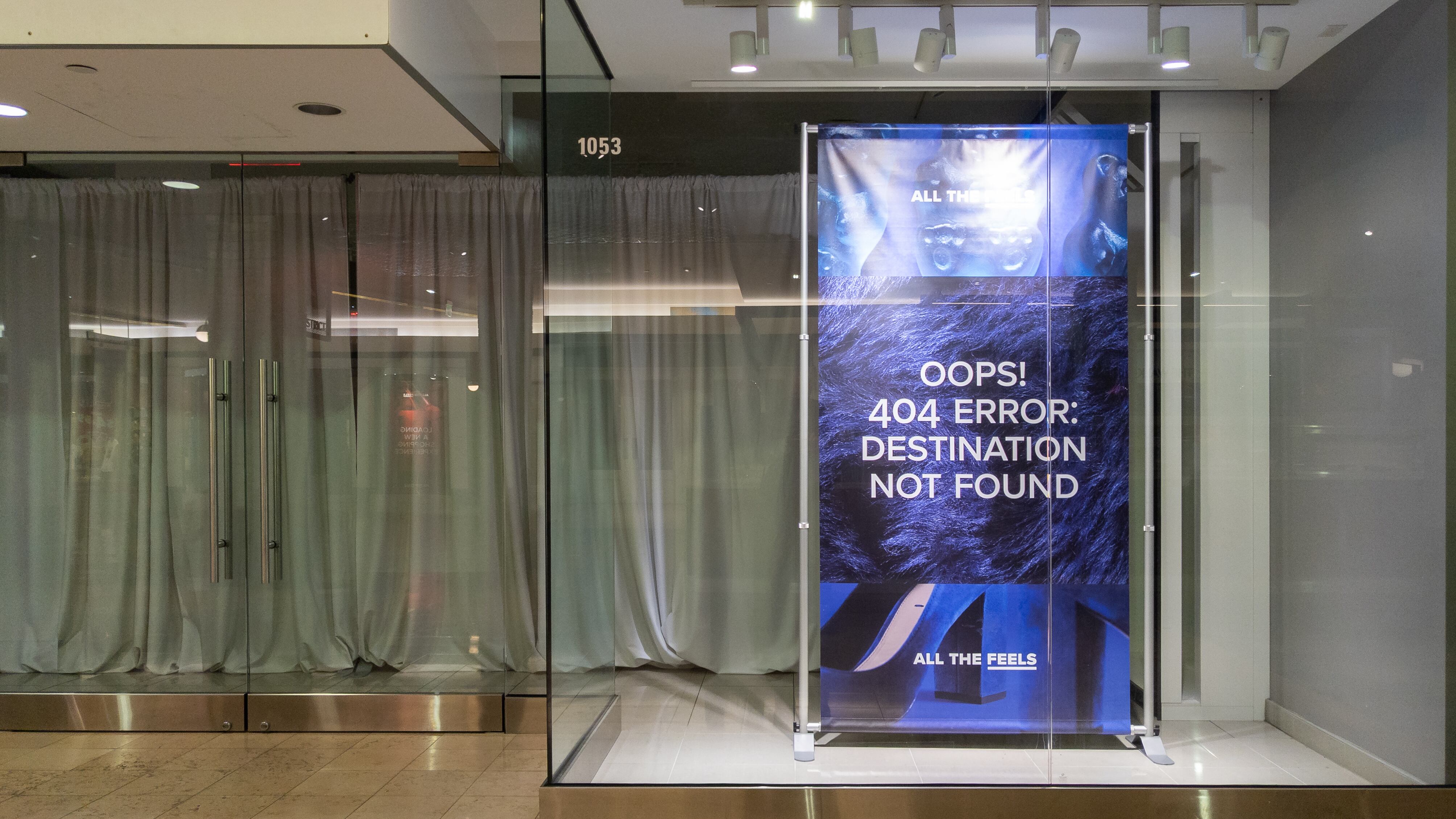The Portland Business Alliance on May 10 challenged an audit released last month that found it had failed to document 25 communications with city officials over the past year, including with Mayor Ted Wheeler’s office.
In a letter to City Auditor Mary Hull Caballero, PBA CEO and president Andrew Hoan argued that 23 of the 25 reported violations were not, in fact, violations of city lobbying rules because they didn’t qualify as lobbying efforts.
“After completing a thorough review of the communications the auditor’s office has brought into question, it is clear that the majority of the identified communications do not violate existing city code, nor the spirit of the code as referenced in its ‘Purpose’ section,” the letter to the auditor read. “Had we been afforded the opportunity to work with your office as we did on several other occasions during the review, I am confident we may have collectively avoided the inclusion of these matters into the list of undisclosed communications.”
The letter provides detailed explanations of each of the alleged violations and argues how each fails to qualify as a lobbying effort. Most of the communications, according to the letter, were logistical and administrative in nature.
“The reality is that the overwhelming majority of the communications in question were city-generated, clearly not in violation of existing city code, or are precedent-setting standards that frame unintentional human error like reporting a virtual meeting on others’ platforms and not listing an individual attendee who may or may not have been there,” the letter read. “If the standards are changing, then they should change for all and be done so in a transparent manner with affected community-based organizations and City Council’s engagement.”
The group agreed that two of the 25 violations were, indeed, lobbying violations: “The Alliance acknowledges two instances where communications should have been included in lobby reporting. Moving forward, the Alliance will continue to work diligently to uphold a high reporting standard and minimize human error.”
Caballero tells WW : “I received the Alliance’s request for reconsideration of our determination that it violated the city’s lobbying rules. [An administrative rule] guides the reconsideration process for lobbying disclosure violations. I will review any additional information provided to see whether the original determination stands or should be modified based on new evidence.”
PBA spokesperson Amy Lewin told WW on April 29 the violations were unintentional.
“As our filed reports show, the Alliance reported hundreds of interactions with city officials during 2020. As you can imagine, this year has been like no other, and the volume of work we’ve participated in to meet the need on behalf of the entire community is enormous,” Lewin said. (Disclosure: The 1,900 member businesses of the PBA include WW’s parent company.)
The city auditor fined the powerful lobbying group $450 and recommended training to avoid further violations.
Business interests largely funded Mayor Wheeler’s reelection campaign in November. The auditor’s report drew criticism for the small-scale fine handed down to the PBA.

